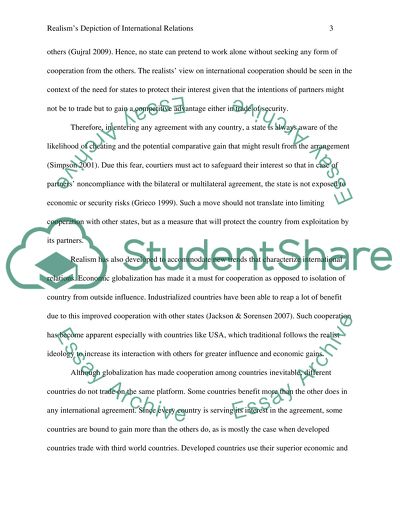Cite this document
(“Realisms Depiction of International Relations Essay”, n.d.)
Retrieved from https://studentshare.org/human-resources/1491359-realisms-depiction-of-international-relations
Retrieved from https://studentshare.org/human-resources/1491359-realisms-depiction-of-international-relations
(Realisms Depiction of International Relations Essay)
https://studentshare.org/human-resources/1491359-realisms-depiction-of-international-relations.
https://studentshare.org/human-resources/1491359-realisms-depiction-of-international-relations.
“Realisms Depiction of International Relations Essay”, n.d. https://studentshare.org/human-resources/1491359-realisms-depiction-of-international-relations.


